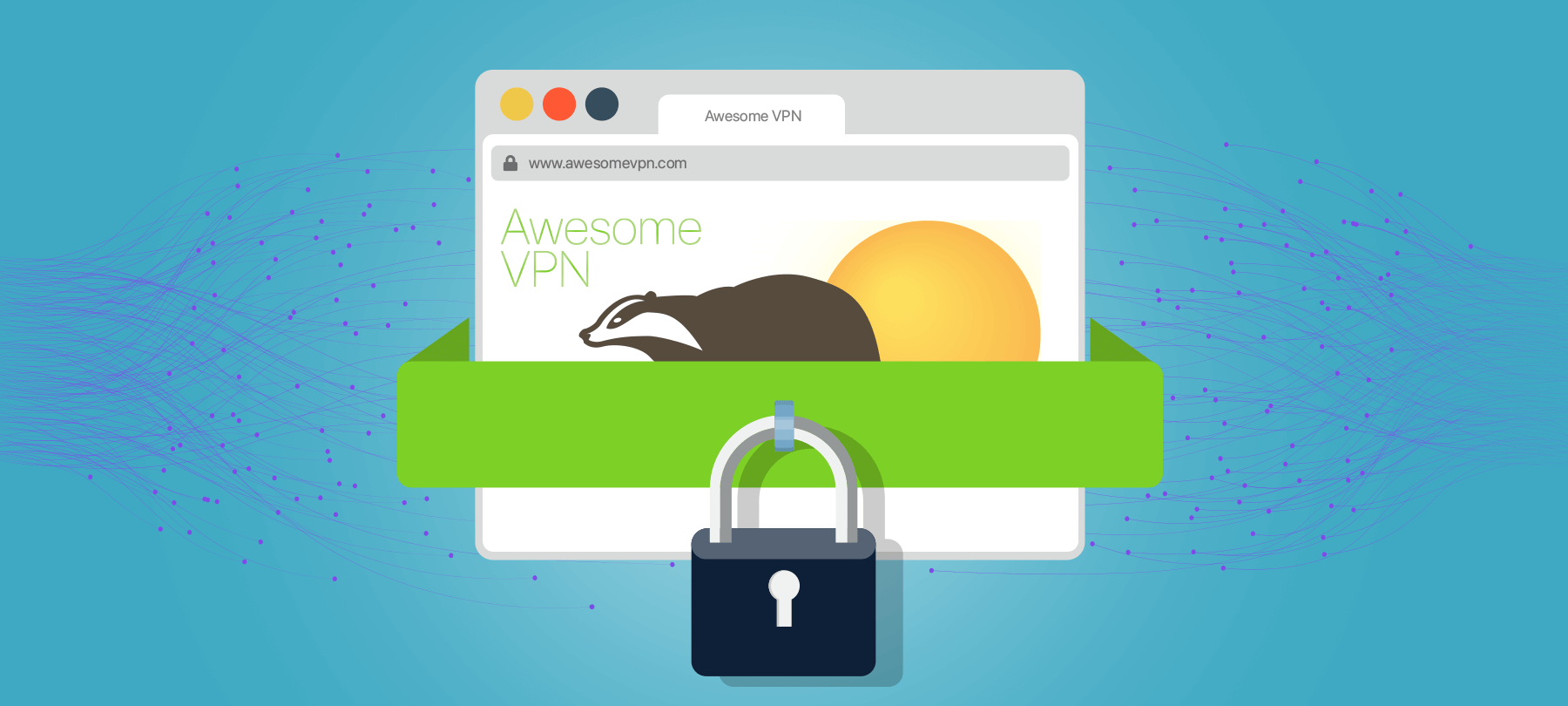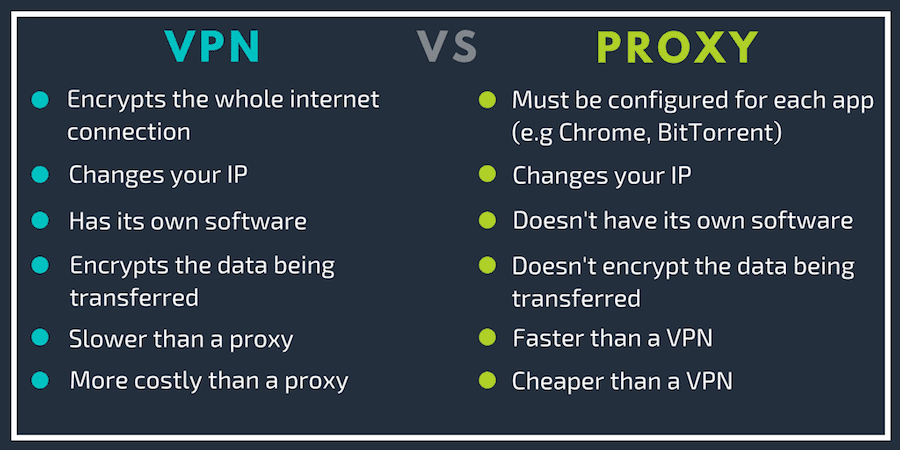Featured
Table of Contents
Proxy Vs. Vpn: Which Is Right For You (4 Big Differences)
It works by offering users access to its IP address, hiding their identity as they visit websites. Public proxies are best matched for users for whom expense is a major concern and security and speed are not. They are totally free and quickly accessible, they are typically slow since they get bogged down with free users.
Shared proxies are utilized by more than one user simultaneously. They give you access to an IP address that might be shared by other people, and after that you can surf the web while appearing to search from an area of your choice. Shared proxies are a strong alternative for people who do not have a lot of money to invest and do not always need a quick connection.

Since they are shared by others, you might get blamed for somebody else's bad decisions, which could get you banned from a site. A safe sockets layer (SSL) proxy supplies decryption between the customer and the server. As the information is encrypted in both directions, the proxy conceals its existence from both the customer and the server.
Due to the fact that Google chooses servers that use SSL, an SSL proxy, when utilized in connection with a website, might assist its online search engine ranking. On the downside, content encrypted on an SSL proxy can not be cached, so when going to sites several times, you may experience slower performance than you would otherwise.
Residential Proxy Vs. Vpn – All You Need To Know
VPNs and proxies are similar in numerous ways, but their distinctions set them apart in terms of viability and security. A irtual rivate etwork (VPN) masks your IP address to makes it look like you are accessing the web from a various area.
This remote server routes the traffic to its desired location, at the same time. When your data leaves the server, it will look as though it instead of from your gadget. Utilizing a virtual location, and file encryption stops third parties, like hackers, ISPs, and even federal government security from seeing your online activity.
, and they should just be used in situations where the security and anonymity of your information isn't crucial. Analogous to VPNs,, producing the illusion that you are accessing the web from a various area. This can be helpful for, like school and work computer systems, to gain access to home entertainment and social media sites.

Proxies serve as to VPNs. You might use a proxy: If you need a simple, fast option to and you aren't sending any sensitive data or accessing anything you require to hide or safeguard.
What's The Difference Between Proxy And Vpn
, and typically that allow your activity to be traced back to you later on. This is, as you might deal with legal repercussions. Premium VPNs abide by - they do not keep records of your information, so. When utilizing a proxy, any and anyone who is spying on your connection, too.
We recommend Express, VPN the # 1 VPN out of over 350 suppliers we have actually evaluated. It has military-grade file encryption and personal privacy features that will ensure your digital security, plus it's currently using 49% off.

In this case, what are the differences between proxies and VPNs? Well, let's address all of these concerns in this VPN vs proxy contrast.
Consider it as a maker in the middle that hides your initial IP address and lets you check out the site you desire. Once you connect to a proxy server, you take on an IP address from that server, which is used to access the site you desire. In this case, the site sees the IP address of that remote server instead of your original IP address which is concealed in this procedure.
Reverse Proxy Vs. Vpn: What's The Difference? - Wired Titan
Here are the types of proxies you can discover and use. If you have actually ever used a proxy service, opportunities are that you have actually had experience with HTTP proxies.
Latest Posts
The 5 Best Business Vpn To Secure Your Team In 2023
The Best Free Vpn For Android
How To Troubleshoot Common Issues With Avg Secure Vpn